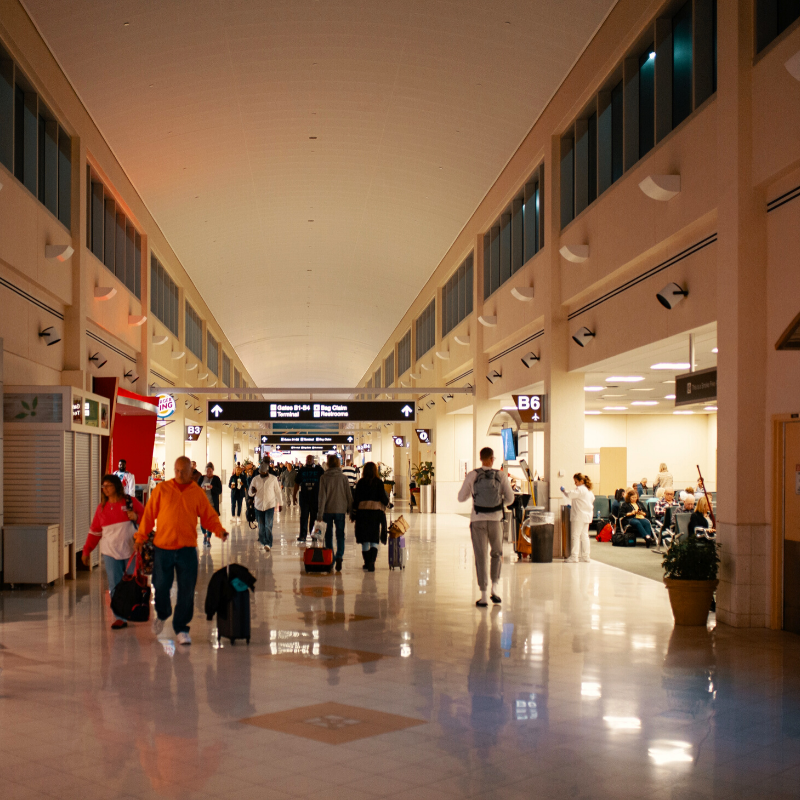Having a medical condition should never put you off traveling. As long as your overall health is good and you have the condition under control, you should have the confidence to follow your dreams and live life to the max.
However, you may have to do a little extra planning to make sure your trip goes as safely as possible. It’s not too big a deal, especially as the best holidays take a little work anyway. Here are four things you should bear in mind about traveling with a pre-existing medical condition:
You MUST declare your condition when buying travel insurance
Medical cover forms are an essential part of your travel insurance policy. In fact, it represents the largest single liability your insurer takes on. Medical cover is there in case you fall ill overseas and need to see a doctor. It is also there if you need to get a prescription or are admitted to hospital. In the majority of cases, foreign visitors will be charged for all of these services. Particularly in the case of hospital treatment, those charges can be very expensive indeed.
Travel insurance providers are not going to pay for every kind of treatment you get abroad, however. They certainly aren’t going to pick up the bill if you indulge in a spot of ‘healthcare tourism’ and head overseas to access a treatment you can’t get at home! Travel insurance is there to cover you for those unforeseen circumstances where you fall ill or have an accident. Providers are also very clear that they are not there to pay for any treatment required for a pre-existing medical condition. Not unless you pay them extra, anyway.
If you fail to declare a pre-existing medical condition, your cover will likely be declared void should you make a claim. Even if you get treatment for something completely unrelated to your condition, the doctors who see you will get access to your medical records. They will pass on the information to your insurance provider when they investigate the claim. The insurance company will then say you failed to declare relevant information, and decline to pay out.
Telling a mainstream provider you have a medical condition, on the other hand, is likely to result in them hiking up the quote or else refusing to sell you a policy at all. The solution is to track down a specialist in medical travel insurance that will offer you a bespoke policy based on your particular circumstances and condition.
Medications go by different names in different countries
If you run out of a medication while abroad, you may have a hard time tracking down what you need. This doesn’t necessarily mean a particular drug just isn’t available in that country. Nine times out of 10, they go by different names in different places.
Every type or medication has a generic or ‘scientific’ name, which is more or less universal. But the problem is that different pharmaceutical companies market the same drugs under different brand names. For example, if you are asthmatic and take a blue Ventolin inhaler, you might not be able to track it down in many places. That’s because Ventolin is a brand name. The generic name is Salbutamol.
Aside from learning what the generic names for your medications are, it’s a good idea to get a prescription before you head off. By taking everything you need with you, you can avoid issues like this one.
Some drugs you use may be controlled overseas
Following on from the above, however, you may run into problems if you try to take certain medications into other countries. Different territories have different rules on what substances they classify as controlled/illegal. They also have different regulations about the use of controlled drugs for medical purposes.
The most common medications that cause problems like these are pain relief drugs that contain opioids (codeine or oxycodone, for example, which are widely prescribed in some countries), or antidepressants containing benzodiazepines (such as diazepam, the main ingredient in Valium). Even in countries where there are tighter controls on these drugs, it doesn’t necessarily mean you can’t take them with you. It is important to research the local law and the requirements for entry.
In most cases, there will be restrictions on the amount you can take in. Plus, there will be a requirement to carry a letter from your doctor confirming your diagnosis and the medical need for the drug. What you absolutely have to avoid is just turning up in the country with proscribed drugs and no official documentation. At best you will have them confiscated, but you could land yourself in hot water besides.
Implants and oxygen can cause issues at airports
If you have medical implants or need oxygen for a lung condition such as COPD, contact your airline before you travel and explain your situation.
Medical implants such as cardio defibrillators and pacemakers can play havoc with airport security systems. The same goes with metal screws and plates used to treat injuries and osteoporosis. It’s the same story as taking controlled medications into other countries. If you don’t have the official documentation to explain why something implanted inside you is setting off the scanners, it will lead to a lot of questions being asked and a lot of delay. To avoid that, contact your airline and find out what you need to do in terms of letters from your doctor. Then, they will do what’s necessary with regards to pre-warning the airport authorities.
If you are on an oxygen ventilator to aid your breathing, you must check what your airline’s policies are. Compressed oxygen canisters can be very dangerous, especially in the pressurized atmosphere of an airline cabin. Some airlines will not allow passengers to take their own ventilators on board. In that case, they will lend you one of their own, which they have had safety checked.












make sure you always bring your medicine with you
I did not know about having to declare your conditions when you buy travel insurance. Good to know!
Glad this helped!
WOW several things I never would of thought of. Thanks for sharing.
Thanks for stopping by Jenny!
This is awesome to know.. I’ve always told airlines that I have epilepsy, so they let me go first..but haven’t had to show paperwork..
Depends possibly on where you’re traveling to, but I’m glad you found this useful!
I never even thought of this! I have hypoglycemia so my blood sugar drops really low often! Very informative
Glad it could help!
thanks for sharing, important information that I will keep in mind